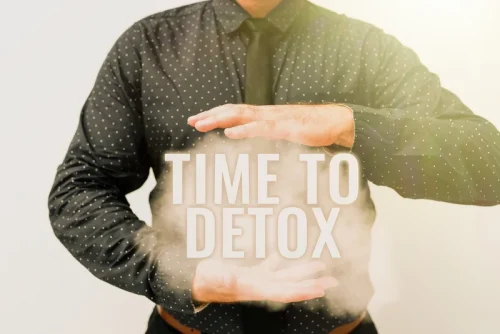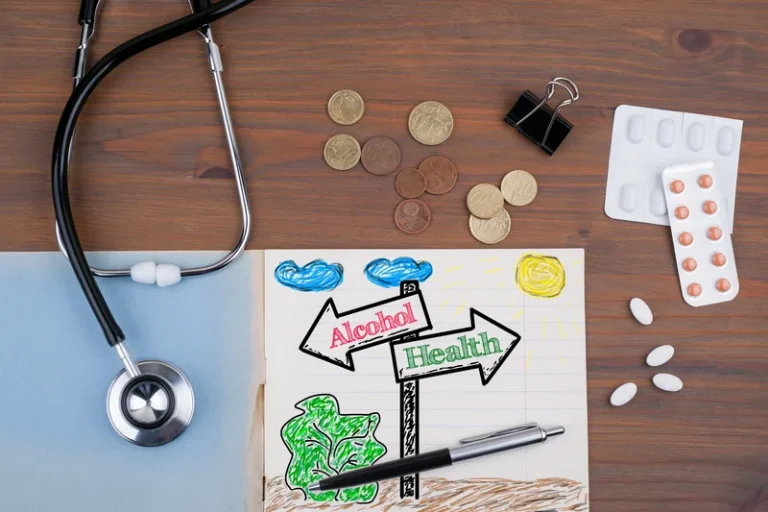
Individual factors like personal motivation, mental health status, and support system also play a key role in determining how well someone will fare within a programme. The final point I want to make in helping you in curbing your alcohol consumption is that you need to find other ways to have a good time than through activities that involve drinking. Rather than focusing on what you can’t do because you are not drinking, you instead have to take active steps to introduce new enjoyable activities into your life that do not involve drinking.
- Turner notes the importance of bringing along a trusted support person when attending events that involve alcohol.
- It’s a good idea to stick to buying your own drinks if you’re looking to drink less.
- Lastly, it is important to know that the process of alcohol addiction can recovery is not a linear progression.
- An example might be that you have to attend a wedding and know that might feel socially awkward and want to drink to make you feel at ease.
General differences in how people’s bodies handle alcohol
Having a plan to quit and exploring resources that can help you give up alcohol successfully https://ecosoberhouse.com/ can improve your chances for success. Talking to your doctor about your plan can also help you access medications and treatments that reduce cravings, minimize withdrawal symptoms, and increase the likelihood that you’ll be able to give up alcohol for good. As you change your drinking, it’s normal and common to have urges or a craving for alcohol. The words “urge” and “craving” refer to a broad range of thoughts, physical sensations, or emotions that tempt you to drink, even though you have at least some desire not to.
What Are the Signs of Addiction?
- She also works as a paid evaluation and training consultant in alcohol and other drugs.
- Recognise patterns of thought that lead to excessive drinking like stress, boredom or loneliness; addressing these underlying issues is often a key part of cutting down or cutting out alcohol.
- Exercise is another key factor in recovery due to its numerous benefits such as stress reduction, improvement in mood and sleep patterns in addition to promoting overall wellbeing.
For some people, it’s best to get professional help when creating your reduction plan. Information provided on Forbes Health is for educational purposes only. Your health and wellness is unique to you, and the products and services we review may not be right for your circumstances. how to control drinking We do not offer individual medical advice, diagnosis or treatment plans. Perreault K, Bauman A, Johnson N, Britton A, Rangul V, Stamatakis E. Does physical activity moderate the association between alcohol drinking and all-cause, cancer and cardiovascular diseases mortality?

Alcoholics Anonymous
- These services emphasise harm reduction and self-compassion, encouraging individuals to set realistic goals and achieve lasting change.
- If you’ve become dependent on alcohol, cutting it out of your life may produce withdrawal symptoms, such as a rapid heartbeat, high blood pressure, sweating and shaking.
- In many cases, even moderate drinking (defined below) appears to increase risk.
- While the recovery process isn’t easy, helping them get the support they need is crucial for the health and wellbeing of your loved ones.
In fact, you can find it online with sites like Sunnyside, which helps you create a customized plan, Tempest, Moderation.org or Ben’s Friends for people heroin addiction who work in the food and beverage industry. Remind yourself of why you want to cut back, talk to a friend about it and distract yourself with a hobby or exercise, the NIAAA suggests. If you turn to alcohol to ease anxiety, try exercise as a healthy alternative. Some of these strategies — such as watching for peer pressure, keeping busy, asking for support, being aware of temptation, and being persistent — can also be helpful for people who want to give up alcohol completely. Moderation strategies, such as damp drinking or zebra striping, are more likely to foster self-compassion and gradual change.

The definitions for a drink in the US are the common serving sizes for beer (12 ounces), wine (5 ounces), or distilled spirits/hard liquor (1.5 ounces). It’s worth noting that current guidelines advise against drinking alcohol as a way to improve health. Current alcoholic beverage labels in the US warn of the risks of driving under the influence of alcohol, adverse effects on general health, and risks for a developing fetus — but there’s no mention of cancer. For millions of people, it’s a regular part of the dining experience, social and sports events, celebrations, and milestones. And the alcoholic beverage industry is a major economic force, responsible for more than $250 billion in sales annually in the US. To get started, your healthcare provider or an addiction specialist can evaluate drinking patterns.

If you recognize yourself as that kind of drinker, it’s important to stay away from alcohol as much as possible. Alcohol and other drug support organisations such as Hello Sunday Morning and Smart Recovery offer free, evidence-based, digital support and resources for people looking to change their drinking. But what’s less clear is the effect that drinking in moderation, specifically, has on cancer risk. Research on the topic is sparse to begin with, and studies that do exist are observational, as mentioned, so they don’t provide the highest-quality data.
Why Is There Mixed Messaging About Alcohol’s Effects on Health?
Our team at CATCH strongly believes in holistic healing methods as part of this process. We recognise that addiction affects not just the body but also the mind and spirit. Therefore, our programme includes evidence-based therapies such as cognitive behavioural therapy (CBT) or dialectical behaviour therapy (DBT). This multifaceted approach helps you develop coping mechanisms while fostering healthier habits that can sustain long-term recovery. It’s heartbreaking to see loved ones caught in the grip of addiction, but there’s hope – research shows that many people find success with programmes aimed at reducing consumption. Alcohol moderation management programmes are often successful when tailored to an individual’s specific needs and circumstances.

Remove alcohol from your house.
Consider how giving into an urge keeps it alive while not giving in to the urge slowly kills it. While you can’t make the urge go away, you can see it for what it is. Ask yourself, “While these reactions may be unpleasant, will I really go out of my mind if I don’t give in? ” Note how these reactions vary across time as you respond passively to the urge. Think about these ebbs and flows as though they were waves in the ocean.
